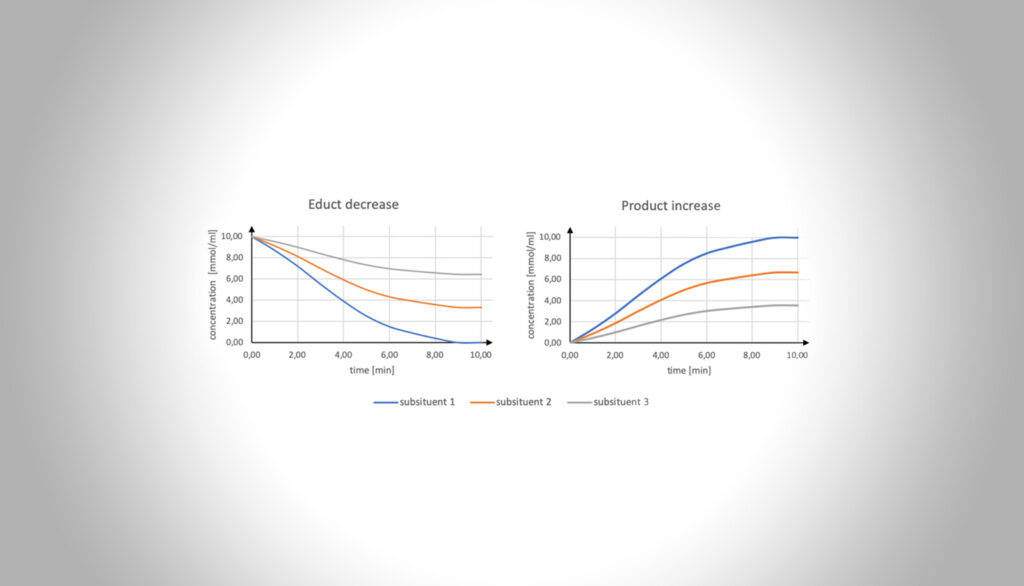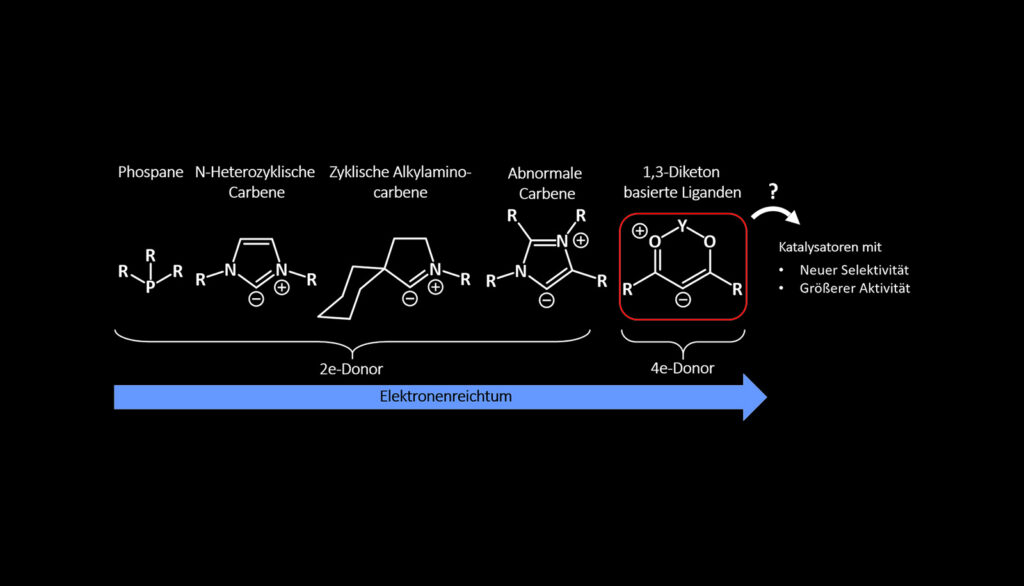Mechanisms of Reproductive Isolation During Rapid Speciation
Sina Rometsch – Hector Fellow Axel Meyer
Reproductive isolation, the ceased exchange of genetic material, is crucial for the divergence of populations into distinct species. This is commonly facilitated by an extrinsic physical barrier, but rarely it can also occur devoid of such barriers. Whether speciation proceeds by the same or different reproductive isolation mechanisms under these two geographic scenarios remains a matter of debate. We aim to contribute to this fundamental question in biology by taking advantage of a model system of speciation: the Midas cichlid fishes.




